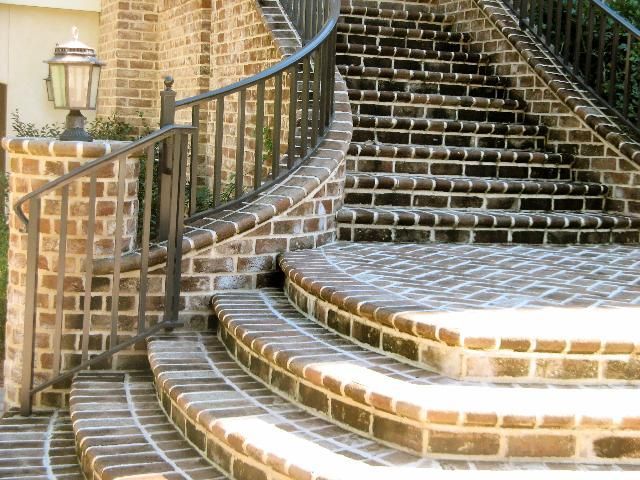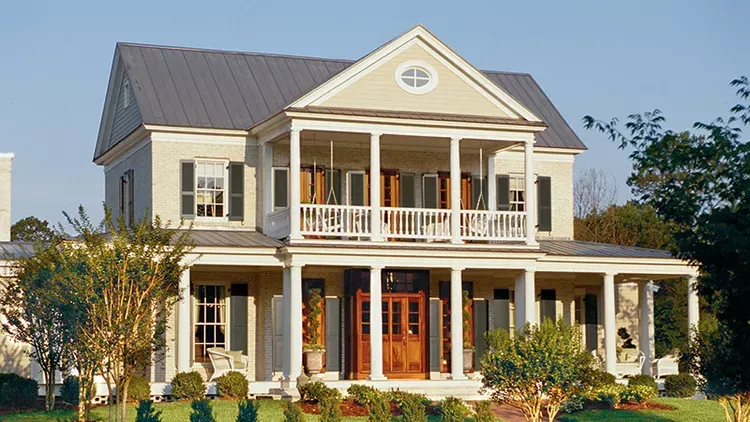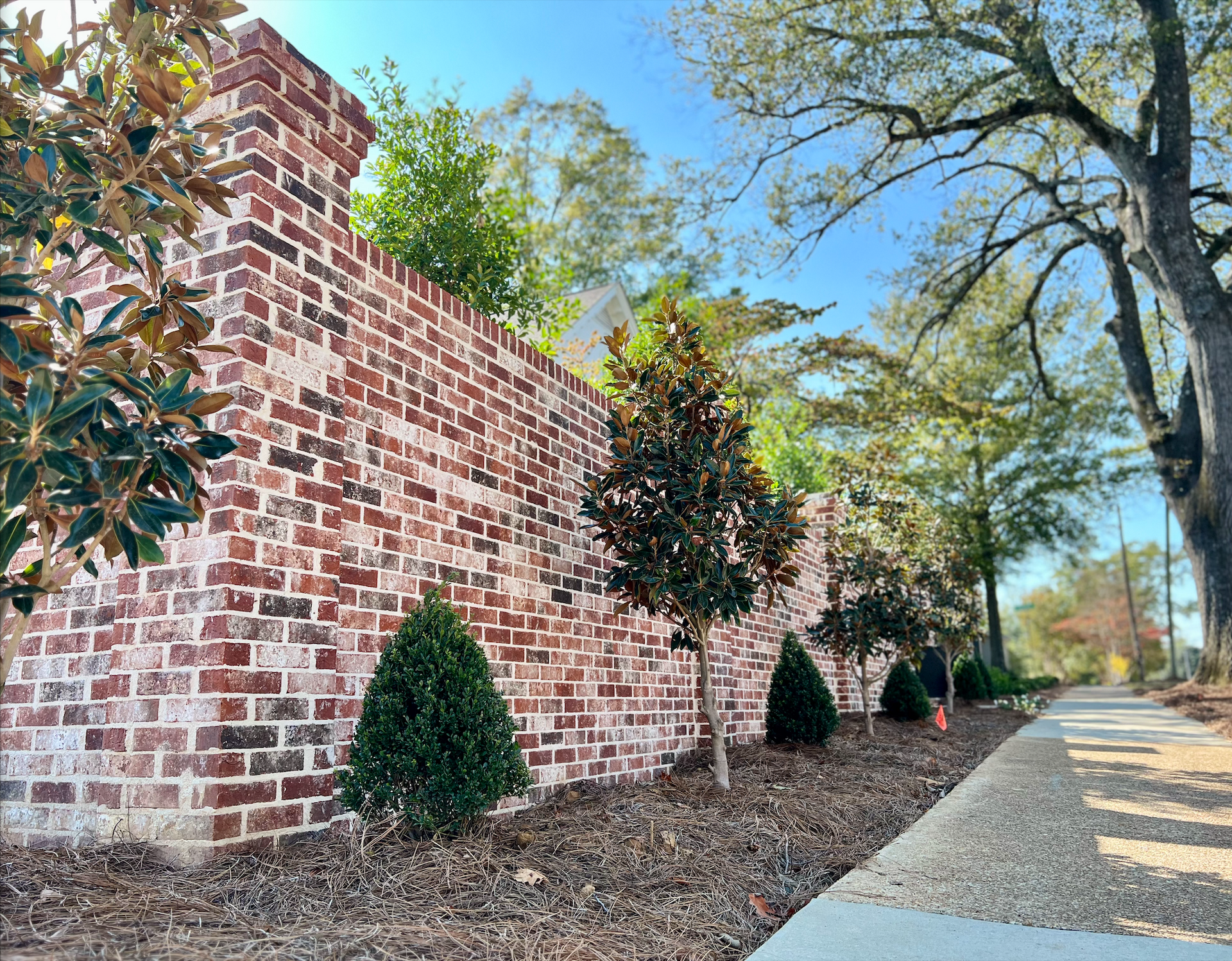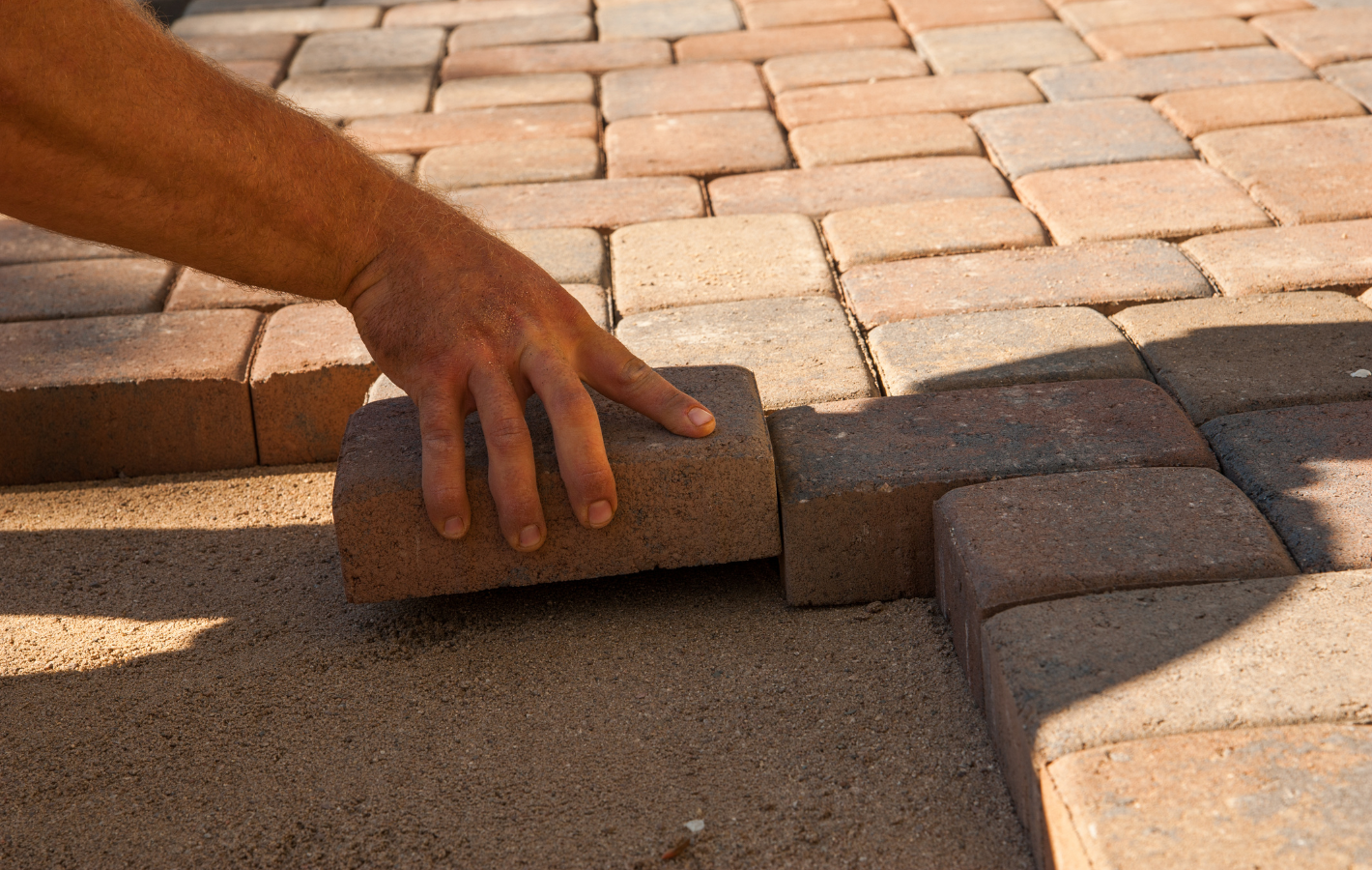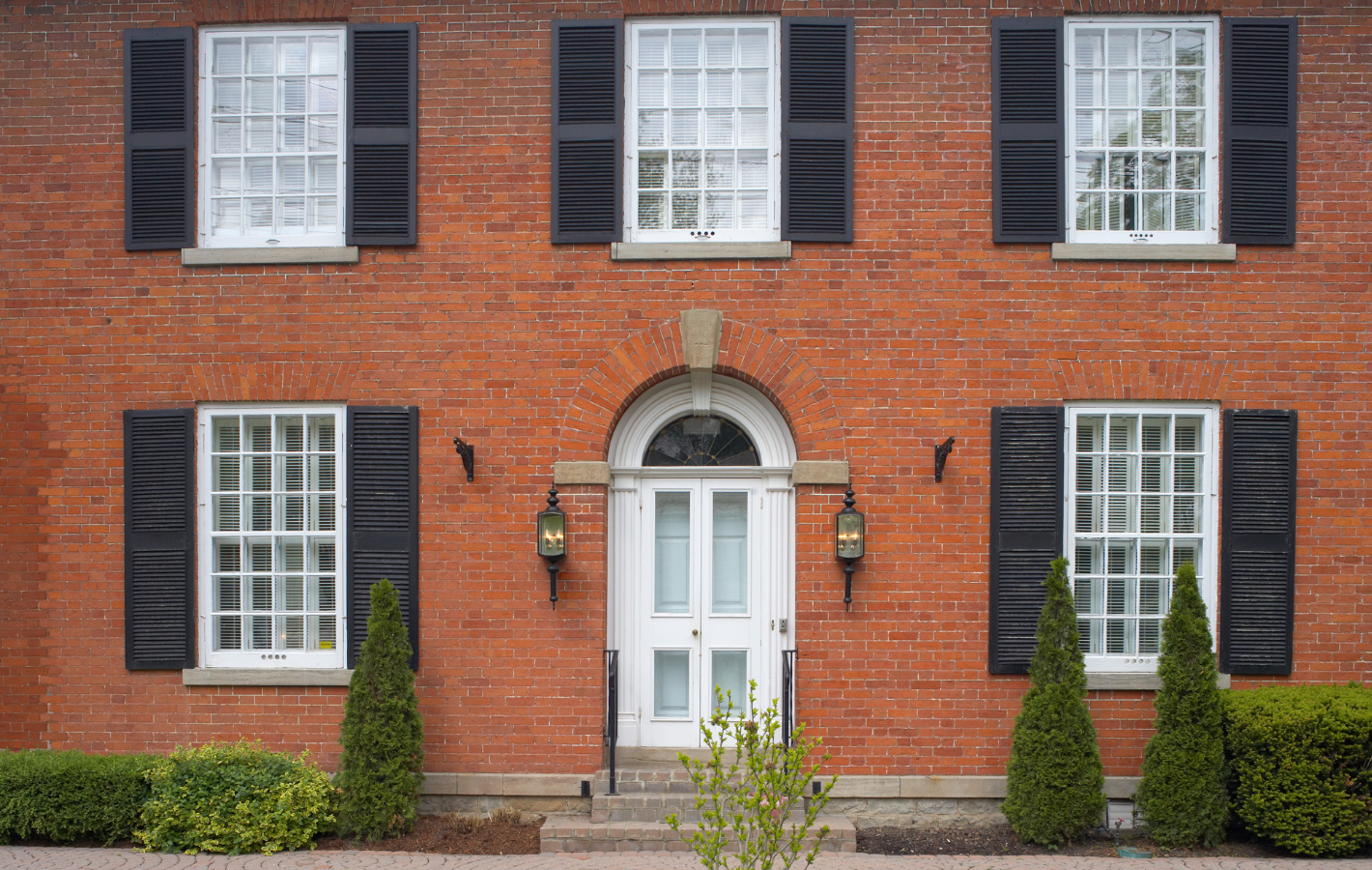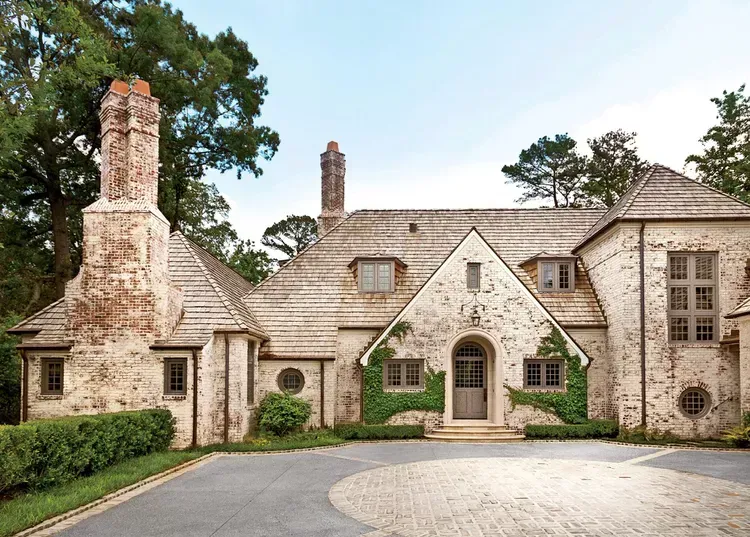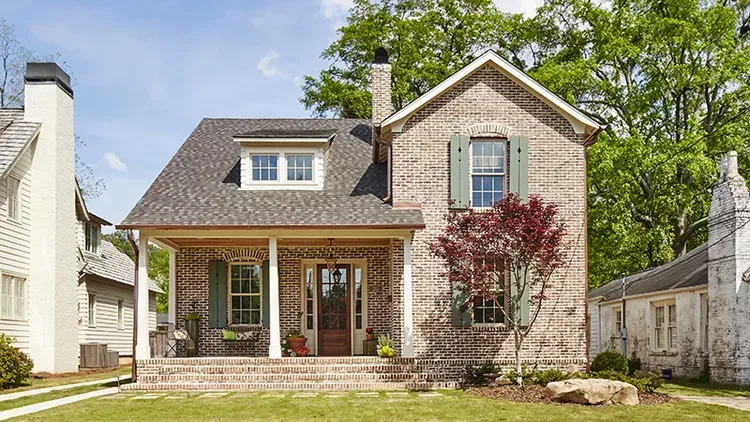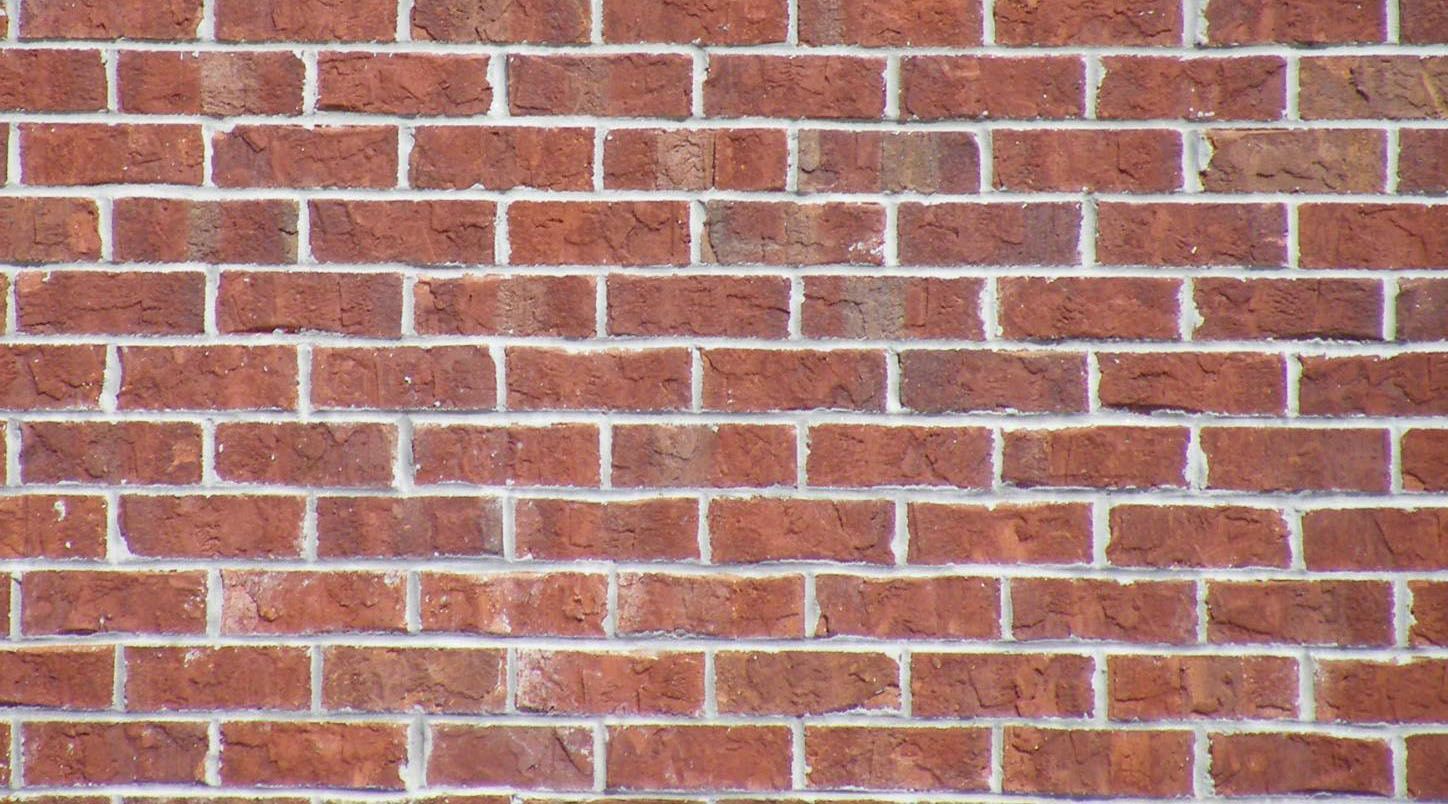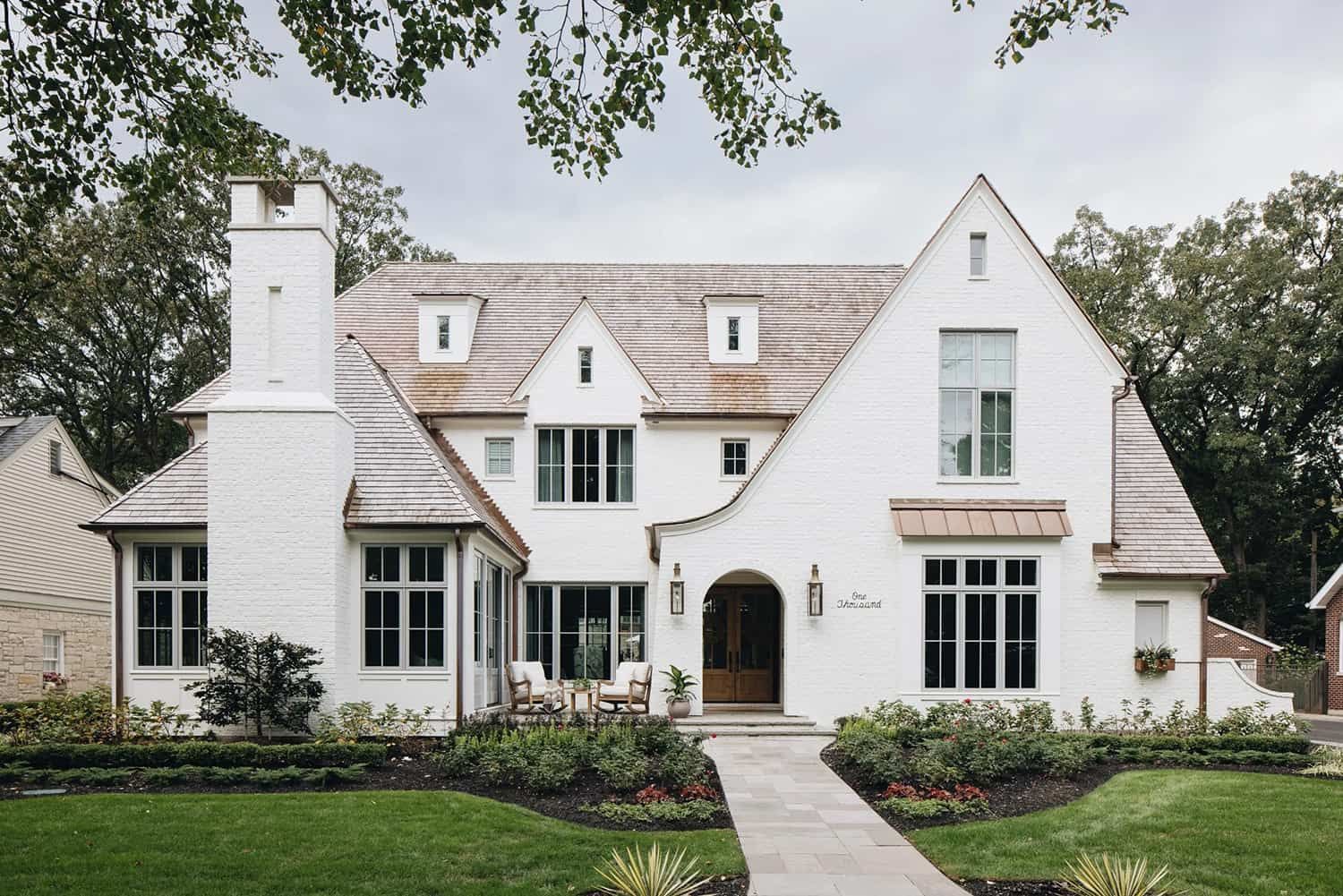Common Mistakes to Avoid When Installing Brick Pavers
Common Mist akes to Avoid When Installing Brick Pavers
Brick pavers are a popular choice for creating beautiful and durable outdoor spaces, including patios, walkways, and driveways. Their timeless appeal, versatility, and ease of maintenance make them an attractive option for homeowners. However, the success of your brick paver project depends on proper installation. In this blog, we'll explore some common mistakes to avoid when installing brick pavers, helping you ensure a long-lasting and visually appealing result. At Magnolia Brick, with locations in Tupelo, MS, and Oxford, MS, we're committed to providing valuable insights into the world of brick and masonry.
Mistake 1: Insufficient Base Preparation
A stable and well-prepared base is the foundation of any successful brick paver installation. One common mistake is not taking the time to properly prepare the base. Insufficient base preparation can lead to settling, uneven surfaces, and the eventual failure of the paver installation.
Solution: Start by excavating the area to the required depth, typically around 6-8 inches for a standard base. Remove all organic material, such as grass and roots. Next, add a layer of crushed stone or gravel, followed by a layer of sand. Compact each layer thoroughly to create a firm and level base.
Mistake 2: Neglecting Edge Restraints
Edge restraints, such as plastic or metal edging, are essential to prevent the spreading of pavers and maintain the integrity of the installation. Some DIYers or inexperienced installers may skip this crucial step.
Solution: Install edge restraints along the perimeter of the paver area. These restraints should be secured firmly to prevent lateral movement. Properly installed edge restraints help maintain the shape of the paver layout and prevent the edges from shifting over time.
Mistake 3: Incorrect Slope and Drainage
Inadequate slope and drainage can lead to water pooling or runoff issues, which can damage the pavers and the surrounding area. Failure to plan for proper drainage is a common mistake in paver installations.
Solution: Ensure that the paver surface has a slight slope away from structures and toward a suitable drainage point, such as a yard or a catch basin. Proper grading and drainage planning help prevent water-related problems.
Mistake 4: Inadequate Compaction
Proper compaction is critical to achieving a stable and level surface. Failing to compact the base and sand layers can result in paver settling, unevenness, and even the formation of voids beneath the pavers.
Solution: Use a mechanical compactor to compact the base and sand layers thoroughly. Repeat the compaction process multiple times, adding additional layers of sand and compacting each one before laying the pavers.
Mistake 5: Poor Joint Sand Application
Joint sand plays a crucial role in stabilizing the pavers and preventing them from shifting. Insufficient or improper joint sand application can lead to loose and uneven pavers.
Solution: After placing the pavers, spread joint sand evenly over the surface. Use a broom to sweep the sand into the joints until they are completely filled. Compact the pavers once more to ensure that the sand settles and stabilizes the pavers.
Mistake 6: Neglecting Proper Sealing
Sealing brick pavers is often overlooked, but it is an essential step in protecting the pavers from stains, erosion, and color fading.
Solution: Apply a high-quality paver sealer to the surface after installation. Sealing enhances the pavers' durability and helps maintain their appearance over time. Follow the manufacturer's instructions for proper application.
Mistake 7: Incorrect Pattern or Layout
Choosing the wrong paver pattern or layout can result in a disjointed and unattractive appearance. Some homeowners may not consider the aesthetics of the pattern they select.
Solution: Before beginning your project, carefully plan the paver pattern and layout. Take into account the size and shape of the pavers, as well as any design elements you want to incorporate. Mock up the pattern on paper or with actual pavers to visualize the final result.
Mistake 8: Rushing the Installation
Impatience can lead to errors during installation. Some DIYers may rush the process, neglecting crucial steps or not allowing for proper curing times.
Solution: Take your time with each step of the installation process. Follow manufacturer recommendations for curing times, and resist the urge to rush through any phase. A well-executed installation will yield better results and greater longevity.
Mistake 9: Overlooking Maintenance
Once your brick paver project is complete, it's important to perform regular maintenance to keep the surface in excellent condition. Neglecting maintenance can lead to deterioration and a shorter lifespan for the pavers.
Solution: Implement a maintenance routine that includes regular cleaning, weed control, and resealing as needed. Address any issues, such as loose or damaged pavers, promptly to prevent further damage.
Mistake 10: DIY Installation Without Proper Experience
One of the most significant mistakes is attempting a brick paver installation without the necessary experience or skills. DIY projects can be rewarding, but without proper knowledge, they can lead to costly errors.
Solution: If you lack experience in brick paver installation, consider hiring a professional contractor or seeking guidance from experts. Professionals have the expertise and equipment to ensure a successful and long-lasting installation.
Conclusion
Avoiding these common mistakes when installing brick pavers is essential for achieving a beautiful and enduring outdoor space. Proper planning, preparation, and execution are key to a successful project that will enhance your home's curb appeal and provide years of enjoyment. Whether you're undertaking a DIY project or seeking professional assistance, paying attention to these details will ensure the longevity and visual appeal of your brick paver installation. At Magnolia Brick, we're here to provide guidance and expertise for your brick and masonry projects in Tupelo, MS, and Oxford, MS.
